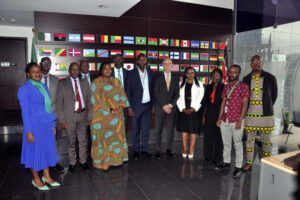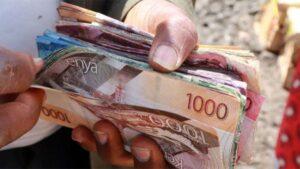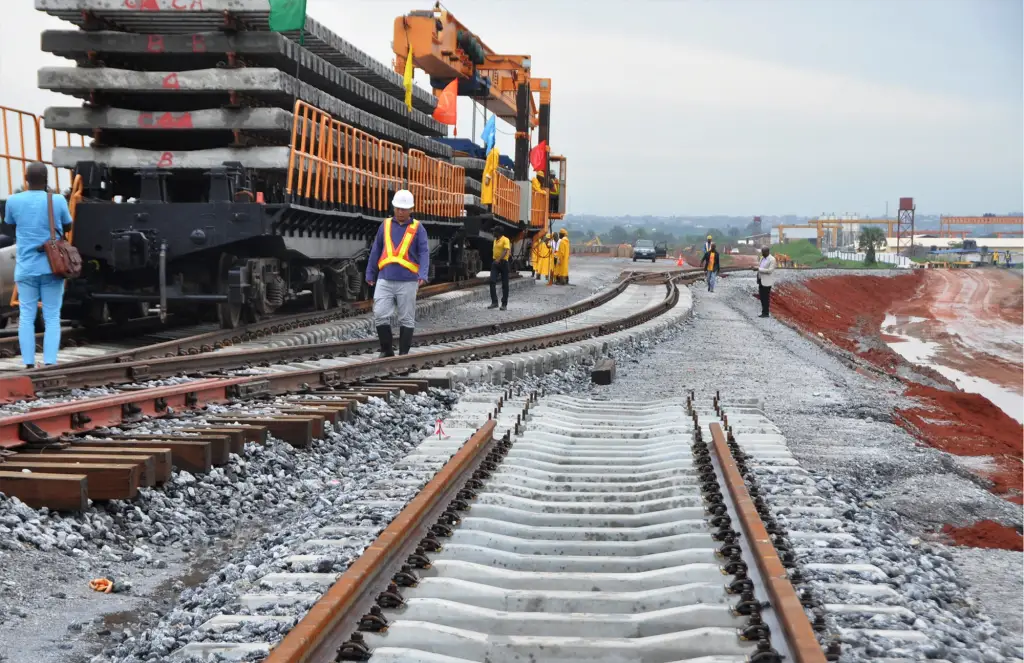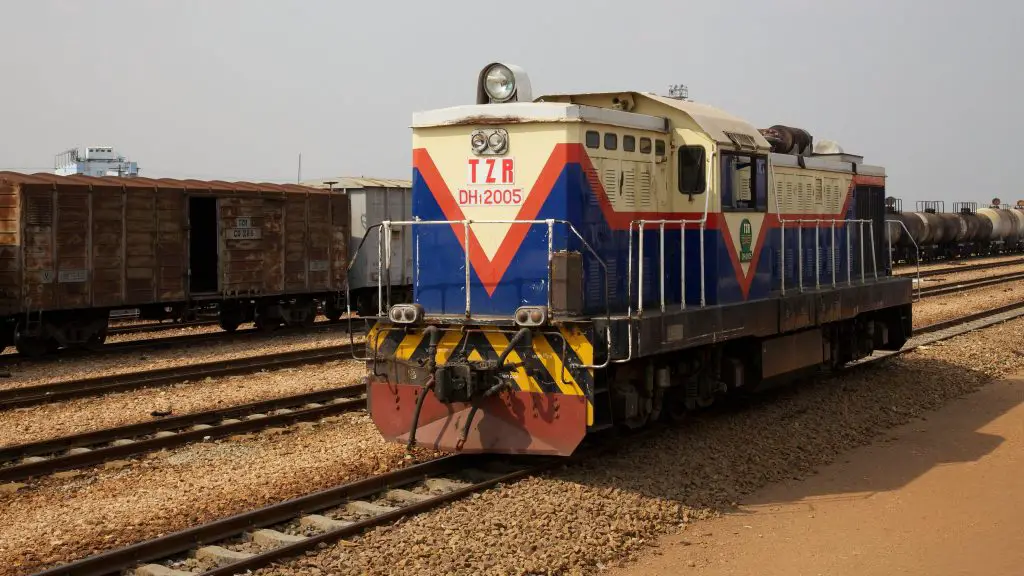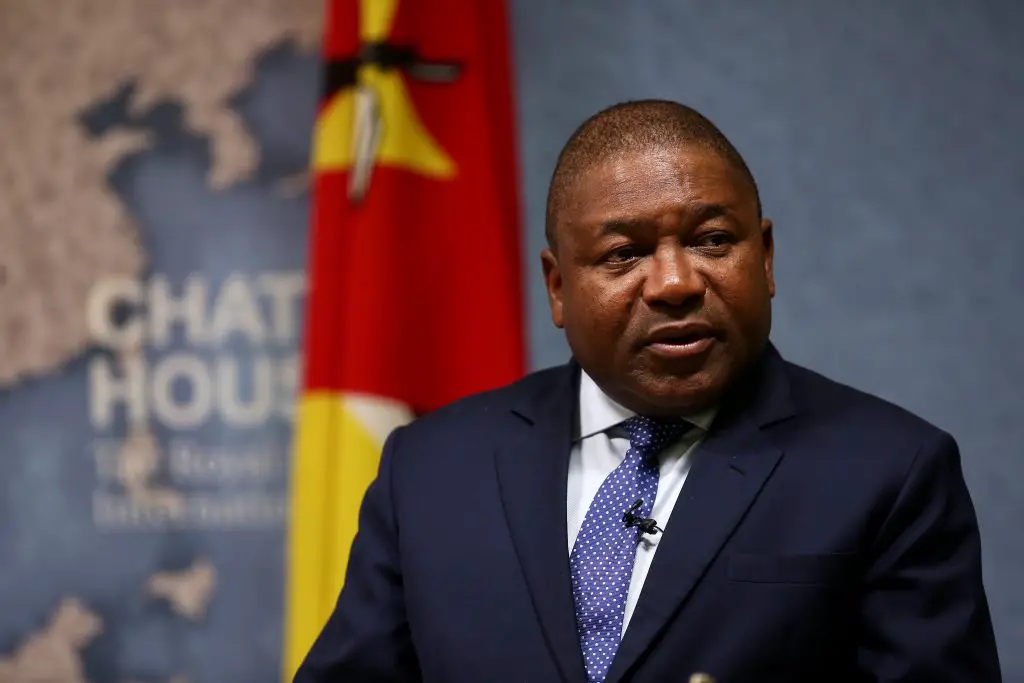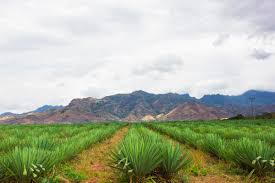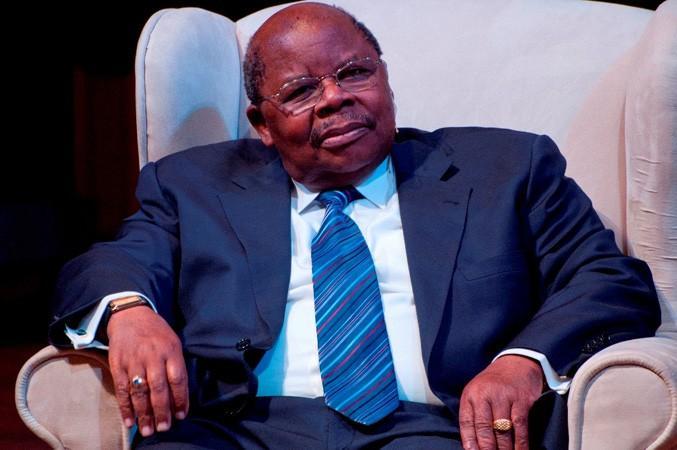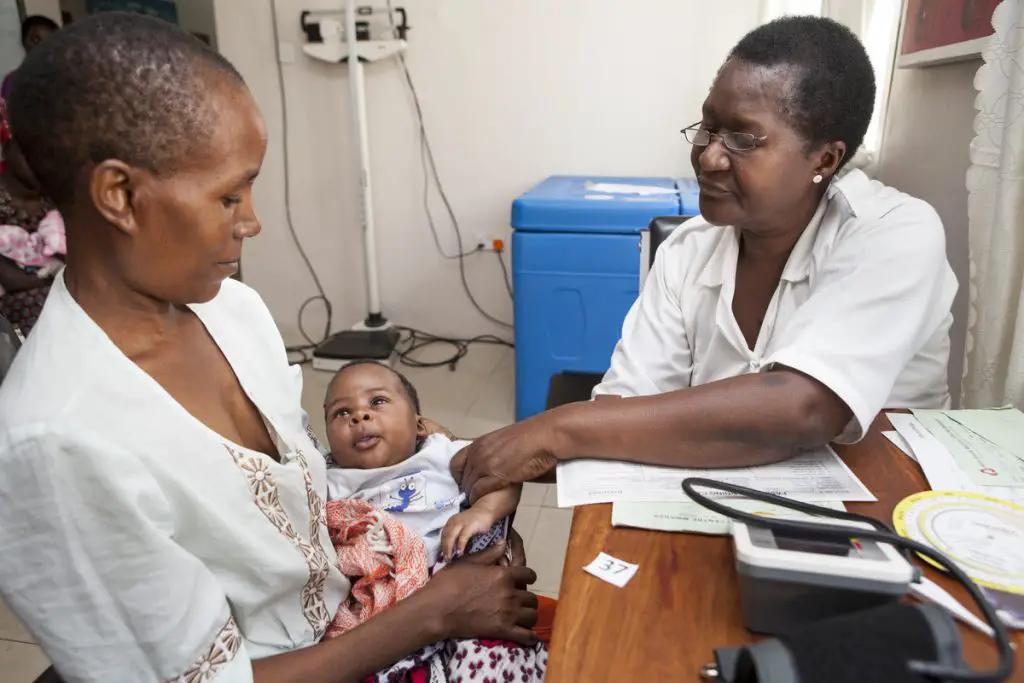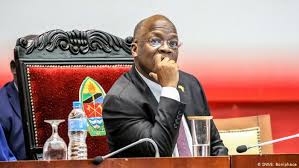- Kenyan Farmers Receive $2M Boost from Africa Fertiliser Financing Mechanism
- Brace for High Interest Rates for a Longer Period World Bank Warns Kenya
- Kenya-Ethiopia Trade Relations: Legislators Advocate for Policy Alignment to Boost Ties
- Visualising the state of debt in Africa 2024
- Abu Dhabi radiates optimism as over 300 startups join AIM Congress 2024
- TLcom Capital Raises $154 million in Funding to Boost Its African Growth
- Africa’s $824Bn debt, resource-backed opaque loans slowing growth — AfDB
- LB Investment brings $1.2 trillion portfolio display to AIM Congress spotlight
Browsing: Tanzania
Across the continent to West Africa where we find one of Africa’s largest economies, Nigeria. Here we find another railway deal gone bad, the $500 million Lagos – Ibadan railway.
In a similar manner to Kenya’s SGR debacle with China, which resulted in Kenya sinking heavily into debt that it simply cannot afford to pay and restructure, Nigeria is now finding a similar fate.
According to the country’s Director General for Nigeria’s Debt Management Office (DMO) Patience Oniha, when making a deal with China, ‘…the Chinese determine the cost of projects, give us loans tied to the projects and the projects must be executed by Chinese firms alone.’
It is alleged that not only does China force importation of even the smallest of laborers but also all the equipment and guess where they are imported from? Yes, China.
It is further argued that by so doing, China is using these …
While its Standard Gauge Railway project is commencing at the speed of light to give Tanzania its first electric powered train, the country is also making efforts to revive its once closed internal railway line for locomotives.
Last year, Tanzanians joy rode the reopened passenger and cargo train from the commercial port city of Dar es Salaam to Moshi, home of Africa’s highest mountain, the Kilimanjaro.
New locomotives were bought and engines imported, the train quickly became a national hit and immediately eased the pressure that was on road transport. Government officials led the excited public in trying out the train that has first, second and third class levels offering all te amenities that a traveler would need.
The revival of freight operations on the 438 km rail stretch was marked by a ceremony that was attended by Prime Minister Kassim Majaliwa at the destination of the train in Moshi.…
Mozambican President Filipe Nyusi will later this month take over the Chairmanship of the Southern African Development Community (SADC).
The 40th Heads of State summit will be held virtually as Mozambique takes helm of the regional organization to speak on peace, security and regional co-operation.
Up to this year, the Chairman of the 16-member regional bloc was under the leadership of Tanzania’s fifth President, Dr. John Magufuli.
President Magufuli, the seating chairperson, assumed the leadership of the trade bloc last year in August. Arguably, President Magufuli had to deal with one of the worst crisis that the SADC trade bloc has ever had to face, Covid-19.
As it did for the European Union and other World trade areas, the Covid-19 global pandemic rendered business asunder across all 16 member states. Most all SADC member states were forced to close their borders effectively disrupting business flow across Africa’s largest trade bloc.…
A man is dying of thirst yet he is surrounded by fresh water. That is the irony of the African farmer. The African farmer is surrounded by fertile land and two rainfall seasons yet he is poor and has very little yield.
By all accounts Africa should be feeding the world. Most of the continent is miles and miles of fertile land. Since most of Africa is on the equator or just a few degrees above, it experiences tropical weather that is characterized by two high rainfall peaks.
So why does Africa not produce enough food to feed itself and the rest of the world? Simple, Africa’s productivity is in the hands of the smallholder farmer. The smallholder farmer is a poor peasant who uses rudimentary tools to farm.
Faced with the adverse effects of climate change, the farmer no longer has predictable rain seasons. Instead, as is characteristic of …
Tanzania is no novice to sisal production, if anything, it is one of the world’s oldest sisal producing countries. Dating back to the late 19th century when the region was then known as the German East Africa Company, sisal was produced by the colonialists, at which time it was the German administration and later the British.
Reports state that sisal production was the colony’s largest export so much that at the time of independence in 1961, Tanzania was the largest exporter of Sisal in the world.
Now, almost 6 decades down the road, Tanzania is working on regaining the status. For one, a quick visit around the sprawling sisal farms that run for miles and miles with their pointed spikes reaching for the skies, one can tell, little to no upkeep is been done to these plantations.
So the government, in June, warned that it will revoke all undeveloped …
It is with no doubt that Tanzanians remember the period when the country rose from a state-controlled economy attached to socialist objectives; then came efforts to broadcast Tanzania to the world, heralding a liberalized economy and pursuing market-oriented reforms. It is significantly crucial to say Tanzania remembers this vital stride, made possible by its late third President Benjamin William Mkapa, who passed away on July 23 in Dar es Salaam, Tanzania.
Mkapa was Tanzania’s most distinguished political figure whose tenure as president began from 1995 to 2005. He assumed many international and regional roles, as a diplomatic figure, peace negotiator and a chair to different bodies such as Southern African Development Community (SADC), and founder of a trust in his name.
As Tanzania mourns his passing and also celebrates his utmost service to the most vital office in government, it is of paramount importance to exercise remembrance of his …
The dairy industry in East and Central Africa is a multi-billion-dollar business supporting millions of small to medium farmers as well as a vibrant retail and manufacturing value chain across the region. Dairy production plays an important role in supporting livelihoods and economies across East Africa.
According to the East and Southern Africa Dairy Association (ESADA), 12 billion litres of milk are produced in East Africa annually, accounting for 27.5% of the continent’s 2017 output.
Over 30 companies are involved in the processing and distributing milk including the region’s largest dairy processor Brookside Dairy, which has a market share of 40% in Kenya and the largest distribution and retail network in Uganda. Brookside is a powerful enterprise that boasts of Kenya’s first family on its board and controls a majority stake in Kenya’s processed milk. French dairy giant Danone is also a shareholder though it controls most of its …
The Aga Khan Health Services, the arm of the Aga Khan Development Network (AKDN) that supports activities in health across Africa and Asia has announced a new partnership with the French Development Agency (Agence Française de Développement – AFD) to establish infectious disease units in two of Tanzania’s cities.
The two entities have signed a €300,000 grant agreement to establish Infectious Diseases Units (IDU) in Dar es Salaam and Mwanza. The Infectious Disease Units will offer full-fledged services, capacity building, infrastructure, and technology to enhance the quality of service delivery.
The grant will enable the strengthening of the current system to address challenges pertaining to infectious disease control management. It will enable the Aga Khan Hospital, Dar es Salaam to respond adequately to pandemics, such as COVID, including addressing issues pertaining to inadequate health infrastructure and capacity.
The grant of €300,000 is provided as part of the worldwide “COVID-19–Health in …
The Tanzania Revenue Authority (TRA) has won a USD 1.3 million (3bn/-) case against Vodacom Tanzania dating back almost two decades ago. Tanzania’s Court of Appeal delivered a ruling last week in which it rejected Vodacom’s appeal of TRA’s tax audit dating back to a three year period between 2001-2004.
Local media reported at the start of the week that, “…TRA, the respondent, conducted tax audit in respect of the appellant’s business affairs for the period covering the year 2001 to 2004.”
The findings of this audit were that Vodacom Tanzania was withholding tax and penalties related to services and royalty for use of software acquired from Siemens Telecommunications (PTY) Ltd.
“On November 10, 2006 the respondent served the appellant with preliminary audit findings…” in turn, on April 24, 2007, Vodacom Tanzania issued its own revised audit findings which TRA did not accept as correct.
The following year, on August …
Five years ahead of schedule Tanzania achieved middle income status. To be exact, the World Bank changed it’s classification from ‘a low-income to a lower-middle-income country.’
East Africa’s sleeping giant is finally awakening. Right in the middle of the global Coronavirus pandemic, Tanzania has provided a rare piece of good news — on 1 July 2020, the country achieved its middle-income vision five years ahead of schedule. – The Africa Report
The World Bank’s news was announced to the country by it’s President John Magufuli bringing even more recognition to the achievements of Tanzania’s fifth administration.
In his twitter handle, the president posted the new country status emphasizing the achievement was accomplished five years ahead of time.
“Today, July 1, 2020, the World Bank announced that Tanzania has become a middle-income country. I congratulate my Tanzanian colleagues for this achievement. This is a big feat that we have accomplished and …
